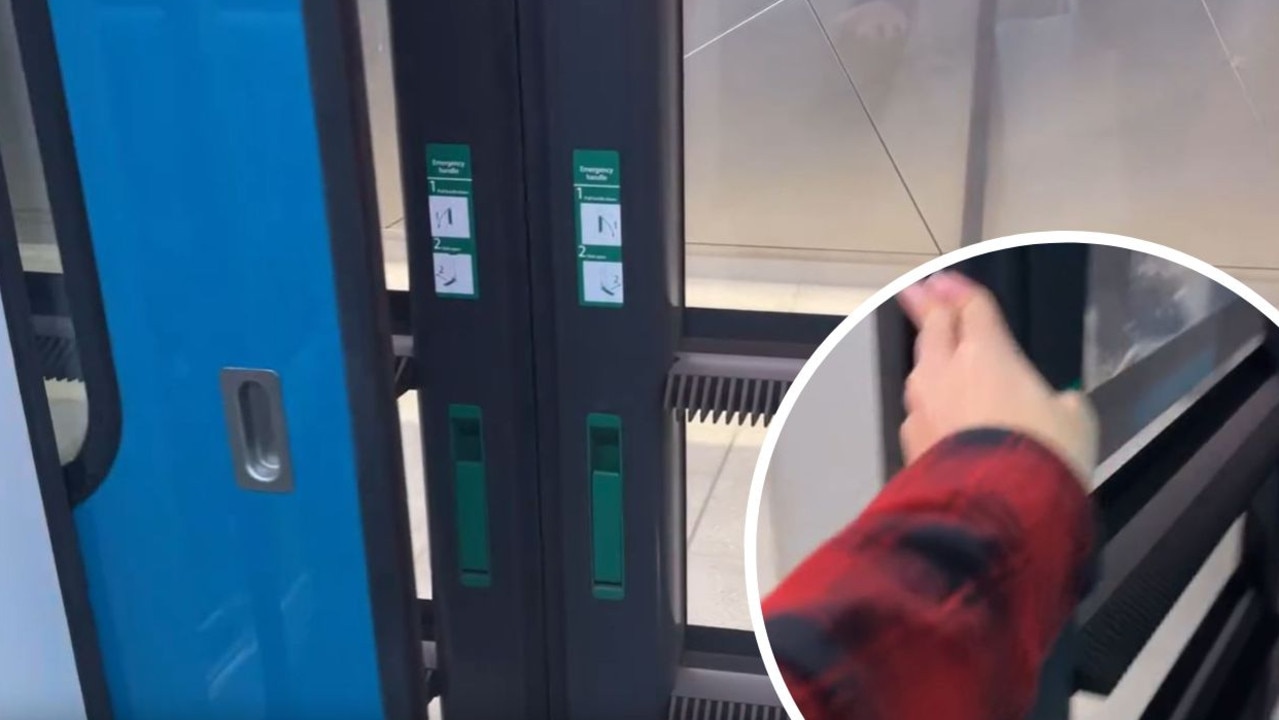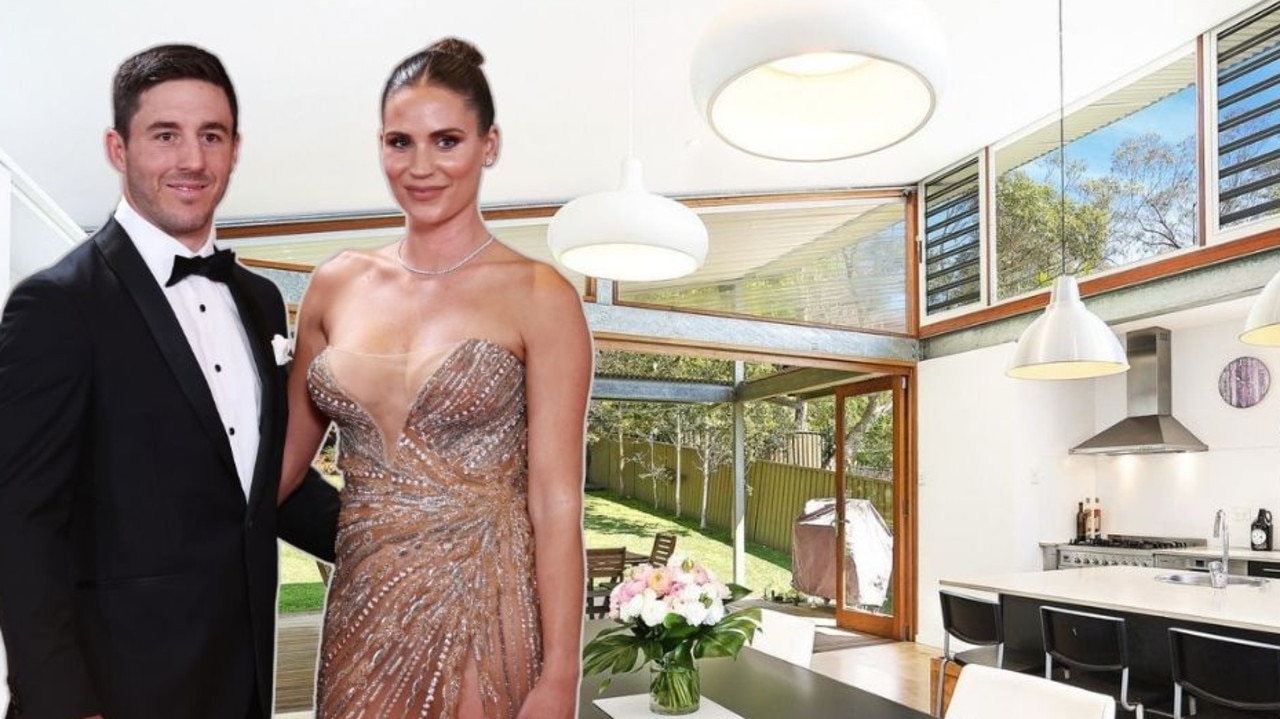What you need to know about the Voice to Parliament
The debate over the planned Voice to Parliament looks set to dominate federal politics. National Political Editor James Campbell tries to sort the fact from the fiction.
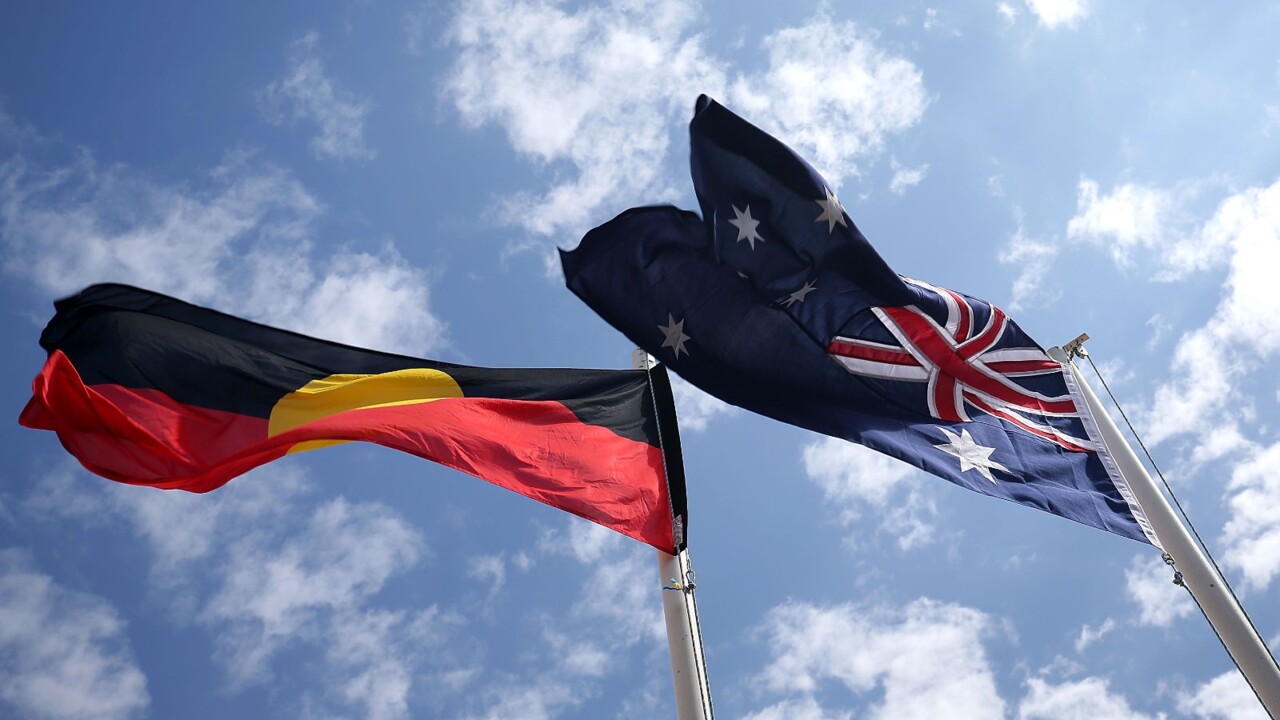
NSW
Don't miss out on the headlines from NSW. Followed categories will be added to My News.
With the Albanese government determined to push ahead with a referendum on the Voice to Parliament this year – possibly as early as August – the Weekend Telegraph went looking for answers to the questions all Australians want answered.
1. WHAT WILL ITS POWERS BE?
The Voice’s proponents are adamant its powers will be limited to offering advice to parliament and government about matters impacting Indigenous Australians.
“It will be an advisory body that will be able to express a view,” Professor Greg Craven, a member of the government’s Constitutional Expert Group says.
As for fears it will be able to make laws, forget it.
“It won’t be able to amend them, can’t stop them (and) can’t make them,” he says.
“If I can compare it with something that already exists,” says Selwyn Button, a member of the government’s Referendum Engagement Group, “its powers will be not be dissimilar to a parliamentary committee that gives advice to government, the difference being this committee will be there forevermore.”
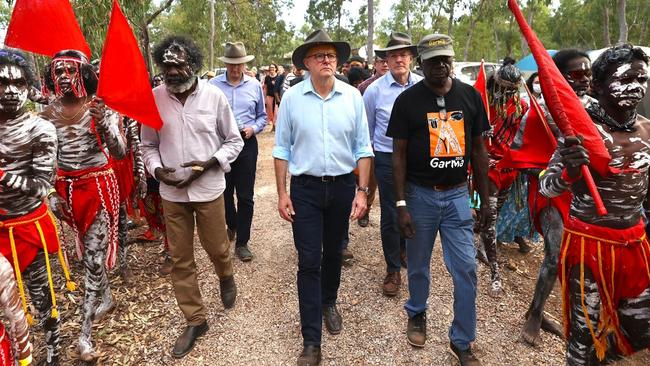
2. WHY PUT IT IN THE CONSTITUTION? WHY NOT JUST MAKE A LAW?
For advocates, this permanence is one of the most important reasons the Voice should be entrenched.
It goes back to history, says MUA official and signatory of the Uluru Statement from the Heart, Thomas Mayo.
“We have had established representative bodies many times in the past, either created by ourselves or by government, but, especially with changes of government, these representative bodies have been silenced or fundamentally changed,” he says.
“By constitutional enshrinement, the Australian people are saying to all future parliaments that the principle of listening to Indigenous people is something we want to last.”
Constitutional entrenchment also has a symbolic power that legislation lacks.
“By putting it in the constitution you give it extraordinary gravity and dignity, and it can’t just be abolished by an act of Parliament,” says Professor Craven.
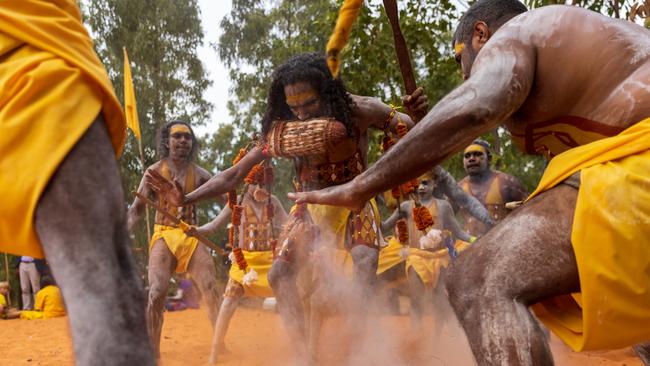
3. HOW WILL IT BE CHOSEN?
This is really unclear. The position of the Referendum Engagement offers principles, which the government appears to endorse, that it should be chosen by Indigenous people “based on the wishes of local communities and representative of them, as well as being empowering, community-led, inclusive, respectful, culturally informed and gender balanced, and inclusive of youth.
But so far there is no concrete detail.
When he is asked about this, Prime Minister Anthony Albanese points to the 272-page Voice Co-design Process report by academics Marcia Langton and Tom Calma.
This is problematic for two reasons.
Firstly, the report canvasses different ways members could be picked, from selection from local and regional voices, to representative assemblies from state or territories, or some kind of hybrid arrangement.
Secondly, as Prof Craven says: “The PM makes reference to Calma-Langton but doesn’t commit to it. We don’t really need detail, we need the architecture.”
Mr Mayo disagrees. “Calma and Langton lays this out,” he says.
“The government will do more consultation with communities. The referendum is not about the model, it’s about the principle.”
The model will be a matter for parliament to deal with later, he says.
“It is not something that we should be squabbling about. There will be many different views about the model. But the fact is the referendum is only about the principle.”
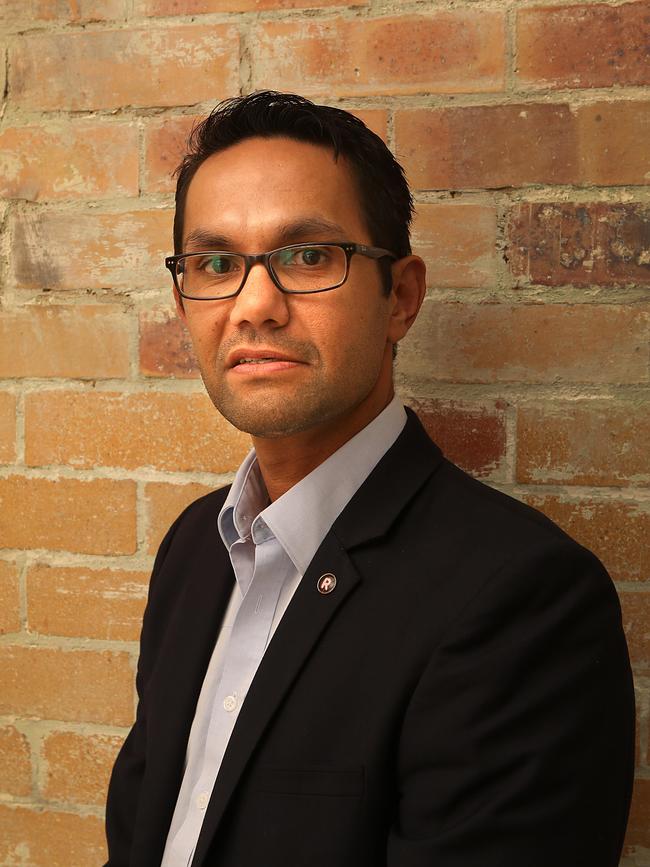
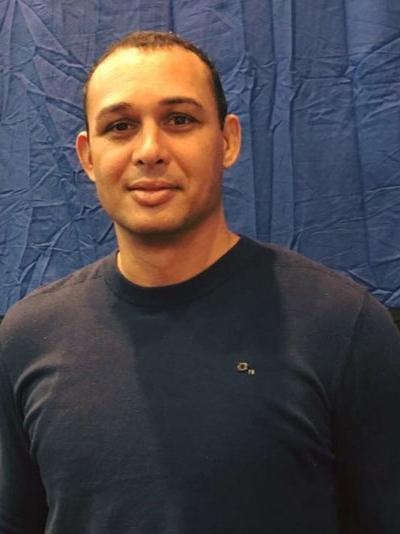
4. IS THE FINAL REFERENDUM QUESTION SETTLED?
The PM has made it clear — as recently as last week — the question put at the referendum is up for negotiation.
But most observers think it will be pretty close to the proposal he unveiled in his speech at the Garma Festival last July.
“They’re going to try and keep it as simple as possible,” Mr Button says.
“I think the thing we do need to start doing now is having consultation out in the community about it so the public understands the benefits.”
Professor Craven is sceptical: “On the surface there is an openness — time will tell”.
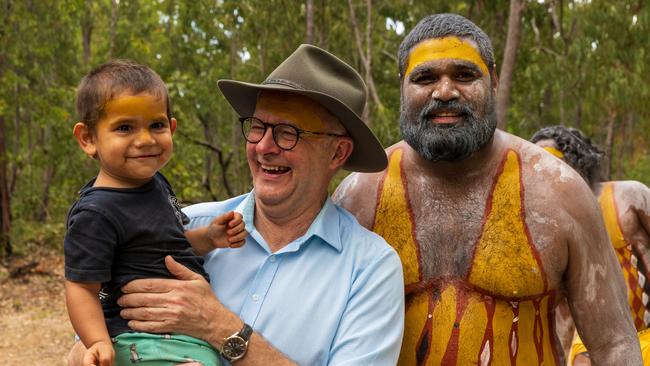
5. WHAT’S TO STOP COURTS EXPANDING ITS POWERS? IS THAT LIKELY?
Expect this question to be the biggest source of argument in the lead-up to the vote.
In December, former High Court judge Ian Callinan warned he could “foresee a decade or more of constitutional and administrative law litigation arising out of a Voice, whether constitutionally entrenched or not.”
Prof Craven concedes this risk has been exacerbated by the wording of the draft constitutional amendment, which says the Voice “may make representations to parliament and the executive government,” on behalf of Indigenous people.
“The second paragraph is problematic because it talks about providing advice on government action outside parliament,” he saya.
“There’s much more of a danger of judicial intervention over that than matters of law.”
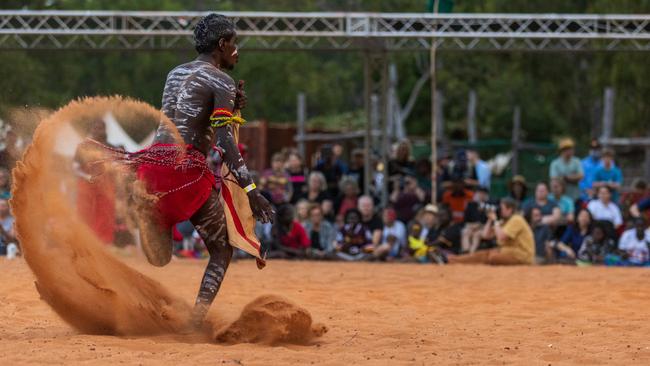
6. WILL THE VOICE MEAN GOVERNMENT HAS TO CONSULT ABOUT EVERYTHING, NOT JUST INDIGENOUS ISSUES?
On the face of it, one could argue the proposed amendment would empower the Voice to weigh in on anything it likes.
According to Langton and Calma, parliament and government would be obliged to ask Voice for advice on a defined and limited number of proposed laws and policies that “overwhelmingly” affect Indigenous people.
There would also be an expectation to consult the Voice on a wider group of policies and laws that “significantly” affect them.
How that will be defined is unclear. Everyone seems to agree that a law that dealt with Indigenous people exclusively would be up for consultation.
Mr Button expects that health and education policies, while universal, would be up for consultation, as might tax if it had an impact on mining royalties which intersected with native title rights.
Mr Mayo added that something like the law around superannuation might also be a matter for the Voice, given Indigenous Australians have a life expectancy ten years shorter than the average, “but to say it’s going to have a say about defence is just ridiculous”.
Prof Craven’s view is simply that “if it has an exceptional impact on Indigenous people, the Voice would make representations.”
7. WHAT HAPPENS IF THE GOVERNMENT IGNORES THE VOICE’S ADVICE?
In theory, nothing.
But, as Mr Callinan warned recently: “It is one thing to say the Voice can make representations only, but in the real world of public affairs, as the PM candidly acknowledged, it would be a brave parliament that failed to give effect to representations of the Voice”.
For supporters like Mr Mayo, this is not a problem. It’s actually one of the reasons to support it: “Australians might expect governments to listen.”
8. WHAT IS THE LIBERAL PARTY AND PETER DUTTON’S POSITION?
Officially, they still have an open mind, as demonstrated by the questions Mr Dutton posed the PM last weekend.
But it is difficult to find an MP who thinks the Liberals’ party room is going to support it.
The real question is: how hard it is going to go against it?
Expect Liberals to reach a position as early as next month.
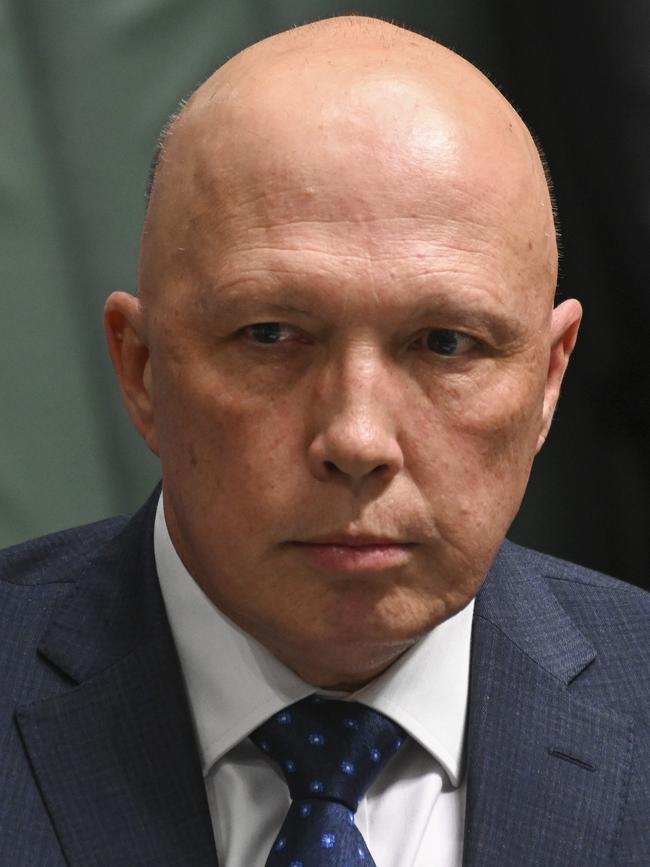
9. WHAT ARE THE CHANCES OF IT PASSING?
Pollster John Scales, who has conducted focus groups, thinks it’s now in serious trouble.
“I think it’s slim,” he says.
To win, the Yes campaign will need a majority of voters in a majority of states, and “at the moment they don’t have that, or they’re falling across the line at best, so it only takes a little bit of unravelling and it’s lost”.
On that basis, he says the Yes case has work to do.
“There’s a block of voters who could be persuaded to vote for this, but with some level of detail on how it’s going to work,” he says.
Prof Craven, who has experience in losing referendums — having been deeply involved in the failed republican push in 1999 — agrees.
“At the moment (the chances are) diminishing,” he says.
“The Yes vote is soft and diminishing. If it is going to pass then the government needs to provide a clear model.”
Mr Mayo and Mr Button are more optimistic. “I think we can win it anyway,” Mr Mayo says, if it goes ahead without Liberal Party support.
“Even in the time of (Malcolm) Turnbull when they were calling it a ‘third chamber’, polls still showed people supported it … that’s been consistent for around three years now.”
Mr Button is “still positive” about getting a Yes vote.
“We’ve got some work to do educating the public in plain language in what it means,” he says. “The thing for me is taking it away from politicians, and making it about First Nations people having a conversation with the Australian people.”
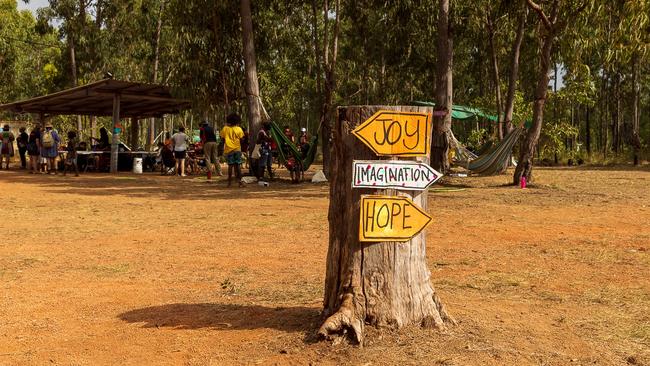
10. WHAT WILL HAPPEN AFTER THE REFERENDUM?
If the Yes case wins, the government will move quickly to introduce the implementing legislation, which will be debated like any other bill.
At present, it looks as though this is where the detail people are demanding will emerge.
A defeat would be “a constitutional and moral disaster,” Prof Craven says.
“Australians will have, for whatever reason, rejected their Indigenous brothers and sisters. It will just be a catastrophe I reckon,” he says.
“It’s people’s right to vote and people’s right to have opinions if it should or shouldn’t win, and I desperately hope it wins.”
What is clear is that if it fails, no government is likely to try this again any time soon.
“If it fails, certainly I don’t think it will happen again in my lifetime.
“But I am certain Indigenous people will have another shot at it in the future,” Mr Button says.
Got a news tip? Email weekendtele@news.com.au




